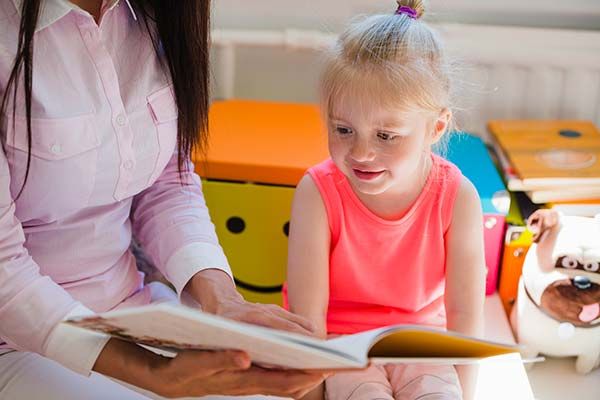
Language Development Milestones: What to Expect and How to Support Your Child’s Growth
Language development is an integral part of a child’s overall growth, enabling them to communicate, express themselves, and better understand the world around them. As a parent or educator, it’s helpful to be familiar with the typical language milestones and know how to support your child’s growth. In this blog, we’ll outline the stages of language development, what you can expect at each milestone, and provide guidance on how you can help nurture your child’s language skills.
The First Year: Foundations of Communication
From birth to 12 months, babies begin to develop their communication skills by exploring and experimenting with sounds, facial expressions, and gestures. Here are some key milestones to watch for:
- 0-3 months: Cooing, gurgling, and smiling in response to your voice or face.
- 4-6 months: Babbling, using consonant-vowel combinations like “ba,” “ma,” or “da.”
- 7-12 months: Imitating sounds, understanding simple words like “no” or “bye,” and using gestures like waving or pointing.
To support language development during this stage, you can:
- Talk to your baby frequently, using a warm, engaging tone.
- Sing songs and recite nursery rhymes, emphasizing rhyming and rhythm.
- Respond to your baby’s coos and babbles, reinforcing their attempts to communicate.
Toddlerhood: Building Vocabulary and Expressing Thoughts
Between the ages of 1 and 3, children experience rapid language growth, expanding their vocabulary, and learning to express their thoughts and feelings. Key milestones include:
- 12-18 months: Saying single words and understanding simple commands.
- 18-24 months: Combining two words to create simple phrases, like “more juice” or “daddy home.”
- 2-3 years: Speaking in short sentences, asking questions, and using a variety of words.
To encourage language development in toddlers, try:
- Reading books together daily, asking open-ended questions to engage them.
- Introducing new words and using them in context to expand their vocabulary.
- Encouraging pretend play, which promotes storytelling and imagination.
Preschool Years: Refining Grammar and Developing Conversational Skills
From ages 3 to 5, children begin to refine their grammar, use more complex sentences, and engage in conversations. Some milestones to look for are:
- 3-4 years: Speaking in complete sentences, asking “why” questions, and using basic grammar rules.
- 4-5 years: Telling simple stories, understanding opposites, and using more advanced grammar.
To support language development during the preschool years, consider:
- Providing opportunities for your child to interact with peers, which helps develop conversational skills.
- Encouraging storytelling by asking your child to retell events or create their own stories.
- Offering gentle corrections and modeling proper grammar usage.
Language development is a fascinating journey that varies from child to child. By understanding the typical milestones and providing a supportive environment, you can help your child develop strong language skills that will serve them well throughout their life. Remember, patience and encouragement go a long way in fostering a love for communication and self-expression.
